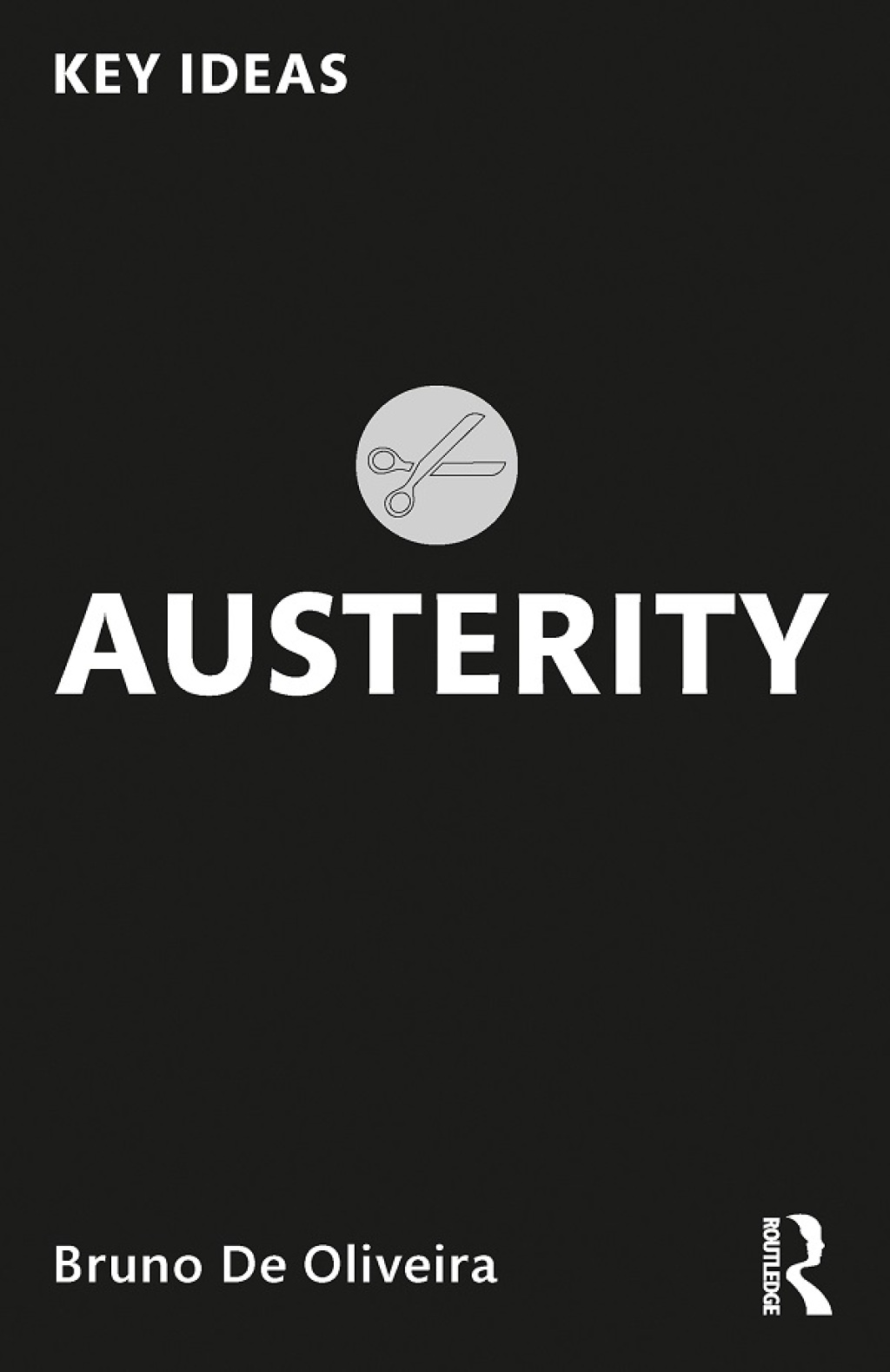Additional information
| Full Title | Austerity 1st Edition |
|---|---|
| Author(s) | Suzanne J. Konzelmann |
| Edition | 1st Edition |
| ISBN | 9781509534883, 9781509534876, 9781509534869 |
| Publisher | Polity |
| Format | PDF and EPUB |
Original price was: $16.00.$4.00Current price is: $4.00.
Access Austerity 1st Edition Now. Discount up to 90%
| Full Title | Austerity 1st Edition |
|---|---|
| Author(s) | Suzanne J. Konzelmann |
| Edition | 1st Edition |
| ISBN | 9781509534883, 9781509534876, 9781509534869 |
| Publisher | Polity |
| Format | PDF and EPUB |
Austerity has been at the center of political controversy following the 2008 financial crisis, invoked by politicians and academics across the political spectrum as the answer to, or cause of, our post-crash economic malaise. However, despite being the cause of debate for more than three centuries, austerity remains a poorly understood concept.
In this book, Suzanne J. Konzelmann aims to demystify austerity as an economic policy, a political idea, and a social phenomenon. Beginning with an analysis of political and socioeconomic history from the seventeenth century, she explains the economics of austerity in the context of the overall dynamics of state spending, tax, and debt. Using comparative case studies from around the world, ranging from the 1930s to post-2008, she then evaluates the outcomes of austerity in light of its stated objectives and analyzes the conditions under which it doesn’t – and occasionally does – work.
This accessible introduction to austerity will be essential reading for students and scholars of political economy, economics, and politics, as well as all readers interested in current affairs.
Original price was: $54.99.$24.99Current price is: $24.99.
Access Austerity 1st Edition Now. Discount up to 90%
| Full Title | Austerity 1st Edition |
|---|---|
| Author(s) | Bruno De Oliveira |
| Edition | 1st Edition |
| ISBN | 9781040394212, 9781032877358, 9781032807317, 9781040394137, 9781003534167 |
| Publisher | Routledge |
| Format | PDF and EPUB |
Austerity is a concise, accessible overview of austerity policies, their impact on society, and possible alternatives for more just and equitable economic policies. Drawing on a range of global case studies, it encourages critical analysis of the core principles and theories of austerity. Bruno De Oliveira goes beyond budget cuts and dismantling of public services to consider austerity as a profound ideological shift that has reconfigured modern economies and societies. Austerity offers an analysis of austerity’s theoretical foundations, policy implications, and social consequences. Examination of critical thinkers such as Marx, Hayek, Friedman, Maynard Keynes, Foucault, and Bourdieu helps contextualise debates around austerity and provide a lens through which to analyse its impacts. It illuminates the human cost of fiscal austerity, examining its impact on the welfare system, social unrest, crime, and justice and on public health outcomes. Illustrated by global case studies, it considers how austerity, catalysed by the 2008 global financial crisis, has stalled economic recovery with significant implications for global social justice. Vitally, it considers the political and media discourses that often accompany austerity policies, examining how they demonise certain social groups, legitimise social inequalities, and divert attention from the structural causes of inequality. Finally, it explores alternatives to austerity, presenting policy solutions that prioritise social investment and economic justice and showcasing examples of resistance, advocacy, and activism. Austerity is an essential guide for students, scholars, and activists interested in social and economic policies and their impact. It will equip them with the tools and insight necessary to understand and challenge the impacts of austerity.
